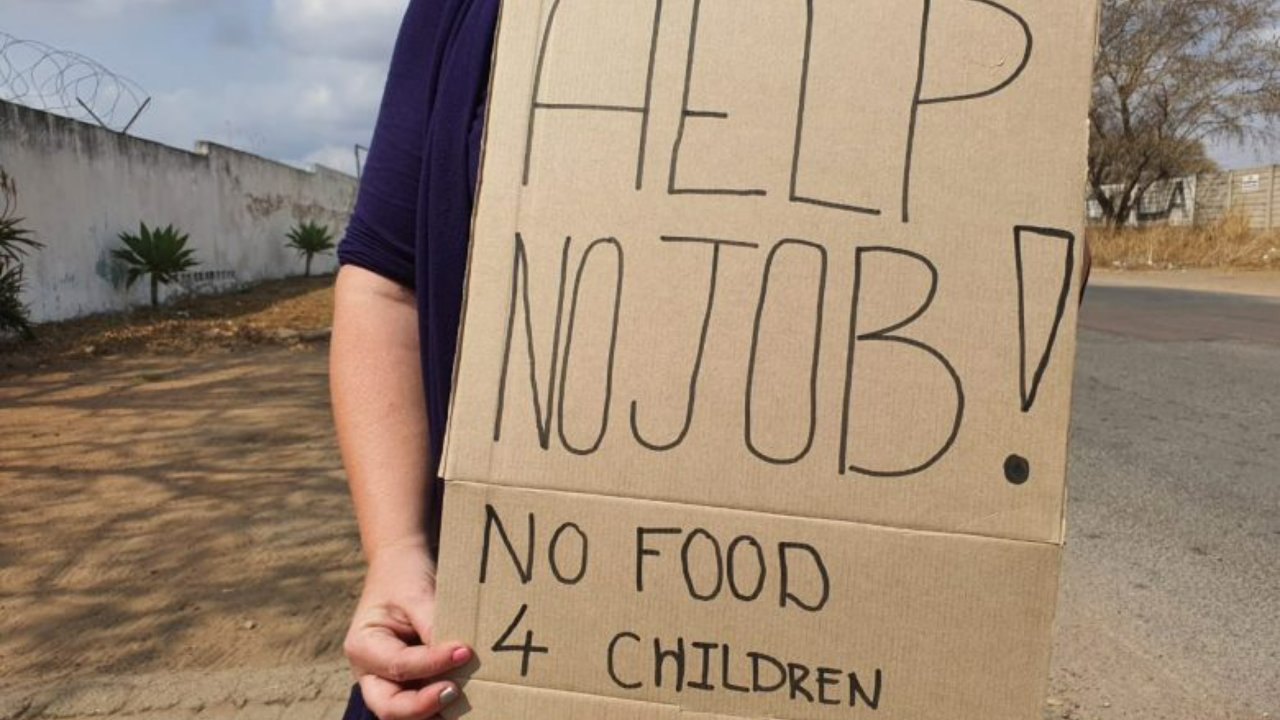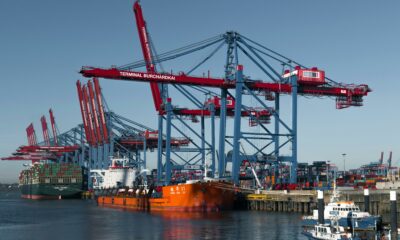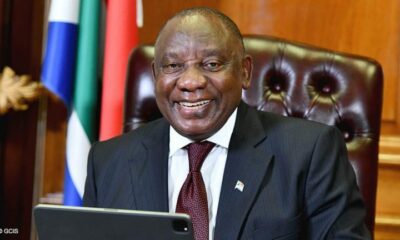News
KZN’s Bold Job Creation Plan Sparks Debate Among Politicians and Economists

A province under pressure
KwaZulu-Natal has weathered more than its fair share of storms, literally and figuratively. From devastating floods and the Covid-19 pandemic to rolling blackouts, logistics backlogs, and the scars of the 2021 unrest, the province has struggled to regain investor confidence. Add to that high crime levels and unemployment, and it’s clear why Premier Thami Ntuli’s Provincial Jobs and Economic Growth Action Plan is being billed as a “lifeline.”
Unveiled on Saturday, the plan sets ambitious targets: 12,734 direct jobs, 43,005 indirect jobs, and over 11,000 internships and training opportunities, with an anticipated R56 billion economic impact. It leans on opportunities like cassava farming, renewable energy, beef exports, new breweries, and tourism growth through the Richards Bay Industrial Development Zone and Dube TradePort.
But the announcement has sparked a lively debate: is this the right way to tackle unemployment, or is government overstepping its role?
Political voices: hope with caution
Mafika Mndebele, who chairs the provincial economic development portfolio committee, was upbeat but cautious. “We welcome any programme that gives young people and communities a chance to participate in the economy. But this can’t just be about numbers, it must deliver sustainable livelihoods,” he said.
The ANC has long emphasised township economies and rural development as central to economic transformation. Mndebele stressed that the committee would keep a close eye on implementation to ensure women, youth, and small enterprises actually feel the benefits.
On the other side of the aisle, the DA also expressed support but from a different angle. Tim Brautesh, a member of the finance committee, argued that government’s main job is not to create jobs directly but to build an environment where the private sector can thrive. He pointed to basics such as infrastructure, red tape reduction, and even clean beaches to boost tourism.
Economists warn: “Jobs follow growth”
Not everyone is convinced. Economist Dawie Roodt was blunt: “This is not going to make a difference. The only way unemployment will fall is if the economy grows, and that’s something only the private sector can drive. You don’t set out to create jobsyou grow the economy, and the jobs will follow.”
This echoes a long-running tension in South Africa’s policy space: should government step in directly to absorb unemployment, or focus solely on enabling private investment?
The bigger picture
KZN’s plan arrives at a time when youth unemployment sits at crisis levels nationally, with over 4 in 10 young people out of work. For many families, especially in rural KwaZulu-Natal, the promise of even short-term internships or training opportunities is better than nothing.
On social media, reactions have been divided. Some welcomed Premier Ntuli’s “bold step” in the face of chronic unemployment, while others echoed Roodt’s skepticism, warning that “temporary projects don’t build lasting economies.”
Will it work?
The truth lies somewhere in between. The plan may not single-handedly turn around the economy, but in a province still recovering from floods, unrest, and a pandemic, even modest gains could ease the burden on households. The real test will be whether these jobs lead to long-term opportunities or simply fade once the projects end.
For now, KZN’s new action plan has at least done one thing: reignited a critical conversation about the role of government in South Africa’s fight against unemployment.
{Source: IOL}
Follow Joburg ETC on Facebook, Twitter , TikTok and Instagram
For more News in Johannesburg, visit joburgetc.com



























